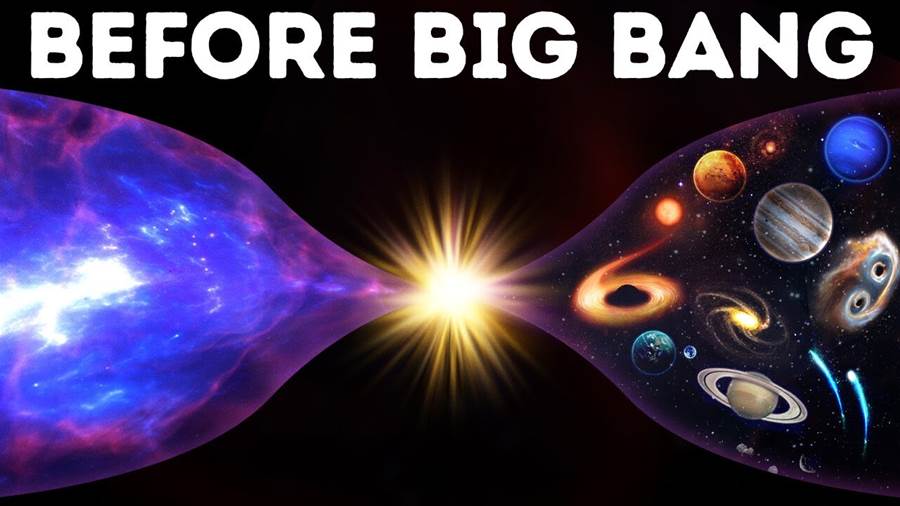
### The Origins of Our Universe: From ‘Nothing’ to Everything
The birth of the universe is one of the most profound mysteries that mankind has grappled with throughout history. It raises several fundamental questions: How was our universe born? What existed before it? While grappling with these mind-bending inquiries seems daunting, the groundwork laid in the twentieth century has propelled us toward some intriguing hypotheses. Central to this progress is the groundbreaking work of astronomer Edwin Hubble, whose observations began to illuminate the path to our understanding of the cosmos.
#### Edwin Hubble and the Expansion of the Universe
In the early 20th century, Edwin Hubble made a significant discovery while observing galaxies through the powerful telescope situated on Mount Wilson in California. He found that what initially appeared as random clouds of gas were, in fact, distant galaxies; they were numerous and, more importantly, they were in motion. Hubble noted that these galaxies were moving away from us in all directions, leading to the revolutionary conclusion that the universe is expanding.
This crucial discovery had profound implications. If the universe is expanding, it suggests that it must have had a beginning. The idea naturally follows that if we could reverse the flow of time, we would eventually reach a singular moment when everything in the universe was compressed into an incredibly dense and hot state. This concept set the stage for the formulation of the Big Bang theory, which posits that the universe originated from this 'cosmic singularity.
The article is not finished. Click on the next page to continue.



















